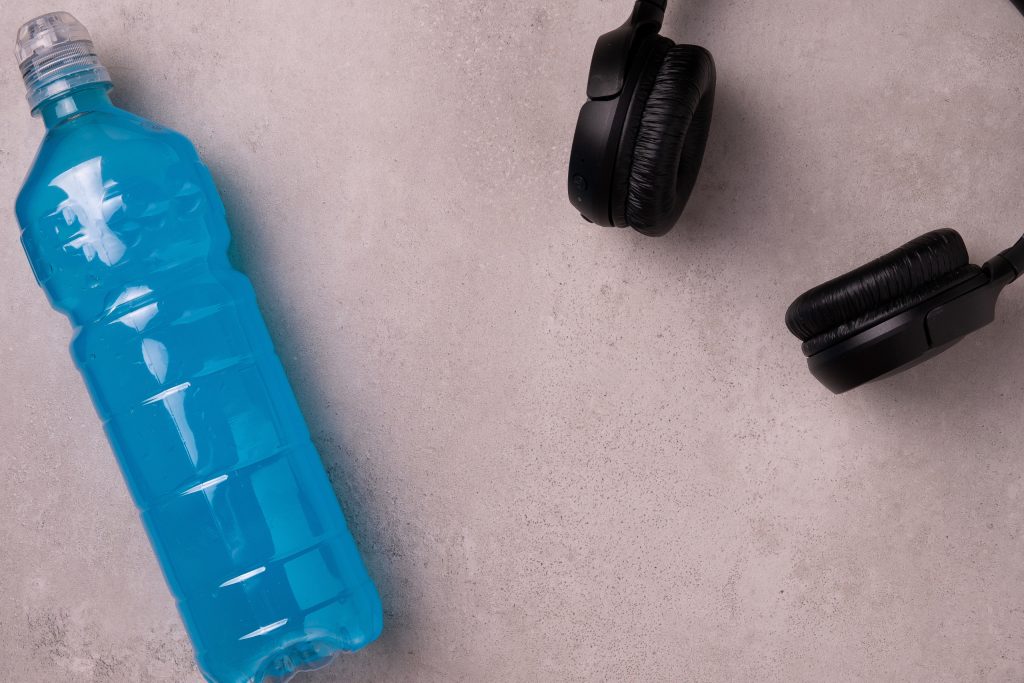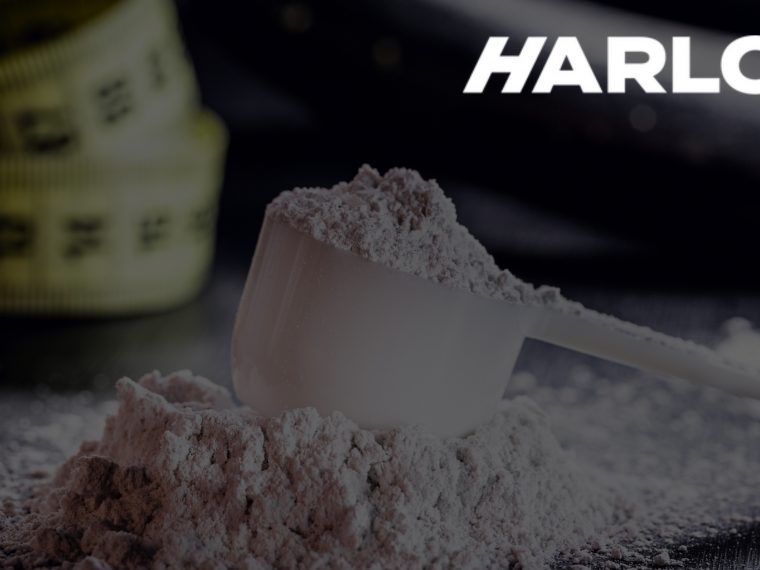Staying hydrated is important for your health and well-being as a whole. But did you know that the fluids you eat can have a big impact on how hydrated you stay? There are a lot of sugary electrolyte drinks on the market, which can make you feel thirsty. So, what do no-sugar salts do to make sure you stay properly hydrated? Let’s talk about why it’s important to pick the right electrolyte solution to keep you hydrated.
Electrolytes are chemicals that help keep the body’s fluid balance, nerve activity, and muscle movements in check. We lose electrolytes along with water when we sweat when we work out or when it’s hot outside. Replacing these fluids is important for staying hydrated and stopping dehydration. But not every electrolyte drink is the same, especially when it comes to how much sugar it has. If you want to stay properly hydrated without the bad effects of extra sugar, no-sugar electrolytes are a better choice.
Understanding the Role of Electrolytes in Hydration
Minerals called electrolytes are important for keeping the body hydrated and the fluid levels in check. When dissolved in fluids like blood or bodily fluids, they give off an electric charge and are very important for many internal processes.
One of electrolytes’ main jobs is to keep the body’s fluid balance in check. They help keep the right amount of water inside and outside the cells. Electrolytes help cells stay hydrated by controlling the flow of fluids across cell walls. This makes sure that cells get enough water to work normally.
Electrolytes are also very important for the health of nerves and muscles. They help make and send electrical signals, which lets nerve cells and muscle fibers talk to each other properly. Some minerals, like sodium and potassium, are very important for the heart muscle and other muscles to tighten and rest.
Electrolytes like sodium, potassium, calcium, magnesium, chloride, and phosphate are all found in the body. Sodium is mostly responsible for keeping the body’s fluid balance and blood pressure in check. Calcium helps muscles contract, blood clot, and bones stay healthy. Potassium is needed for nerves and muscles to work. A lot of enzyme processes depend on magnesium, and it also helps muscles and nerves work. Phosphate is important for making energy and keeping bones healthy, while chloride helps keep pH levels normal and moves CO2 around.
Understanding how fluids help you stay hydrated is important for your health as a whole. Making sure you get enough electrolyte-rich foods and drinks can help you stay hydrated and support your body’s many physiological processes.
Importance of Maintaining Proper Hydration Levels
Being properly hydrated is important for keeping your health and well-being in general. Being dehydrated means that the body doesn’t have enough water, which can hurt many of its processes. Being thirsty has a big effect on the body and can cause a number of health issues.
To begin, being dehydrated has an effect on the heart and blood vessels. When the body doesn’t have enough water, the blood flow drops. This makes the heart work harder to move blood around the body. Putting more stress on the heart in this way can raise the risk of heart diseases like high blood pressure and heart failure.
Dehydration also has an effect on the gastric system. Constipation can happen if you don’t drink enough water. Water is needed to smooth stools and help them move through the bowels. Also, not drinking enough water can lead to stomach problems like acid reflux and sores.
Dehydration also makes it harder for the body to control its temperature. Through sweating, water helps keep the body at the right temperature. Dehydration makes it hard for the body to cool down and keep its temperature normal, which can lead to heat exhaustion or even heatstroke.
Electrolytes are very important for keeping your body properly hydrated. Minerals like sodium, potassium, and magnesium are electrolytes. They help keep the body’s chemicals in balance. They keep the body’s fluid balance by controlling the amount of water in cells and making sure the body stays properly hydrated.
The Role of No-sugar Electrolytes in Promoting Proper Hydration
No sugar electrolytes are very important for keeping you hydrated and replacing electrolytes that you lose when you work out. Electrolytes are minerals like sodium, potassium, calcium, and magnesium that are needed for many body processes, such as keeping the balance of fluids, nerve function, muscle movement, and keeping pH levels stable.
There are several advantages to drinking electrolytes without sugar instead of regular sports drinks with sugar. For starters, they don’t cause blood sugar to rise and fall, so people who want to control their blood sugar levels or people with diabetes can use them. Electrolytes with no added sugar can also be eaten by people on low-carb or keto diets because they don’t have any added sugars or carbs that can mess up ketosis.
Staying hydrated is important during physical action because it helps you keep up your best performance, avoid getting dehydrated, and improve your general health. No-sugar electrolytes help replace the electrolytes that you lose when you sweat while you work out. This helps keep cell functions in check and improves your physical performance. Minerals like sodium and potassium work together to restore chemical balance. This keeps you hydrated and lowers your risk of muscle cramps and tiredness.
Also, fluids that don’t have sugar often have vitamins and chemicals that are good for your health and immune system. These extra nutrients can help your body heal after a workout and give you more energy.
Effects of Electrolyte Imbalance
Electrolytes are chemicals that our bodies make and use to keep the balance of fluids, brain and muscle function, and the health of all cells. If the amounts of important ions like sodium, potassium, calcium, and magnesium are too high or too low, you have an electrolyte imbalance.
Depending on which chemical is out of balance, the symptoms may be different. Muscle weakness, an abnormal heartbeat, tiredness, dizziness, confusion, nausea, and muscle cramps are some of the most common signs. In the worst cases, people can have seizures and lose awareness.
Electrolyte changes can be caused by a number of things. Low amounts of electrolytes can happen because of not drinking enough water, sweating too much, throwing up, diarrhea, and some medicines. Electrolytes can also be too high if you have problems with your kidneys or adrenal glands, heart failure, or a bad diet. These root reasons need to be fixed in order to fix the imbalance.
It’s bad for our health to have too few or too many nutrients. Low amounts can cause cramps and weak muscles, as well as seizures, an irregular heartbeat, and in the worst cases, death. On the other hand, high amounts can cause muscle twitches and cramps, high blood pressure, and kidney and heart damage.
No-Sugar Electrolyte Drinks
No-sugar Without adding any sugar, electrolyte drinks are drinks that are made to replace the minerals that you lose when you sweat. Minerals like sodium, potassium, magnesium, and calcium are electrolytes. They are very important for many body processes. Electrolytes are lost through sweat when we work out or when it’s hot outside. This can lead to changes that can make us tired, give us muscle cramps, or even make us dehydrated.
There are many reasons why sugar-free electrolyte drinks are better than sugary ones. For starters, sugar-free options don’t have the bad effects that extra sugars do, like making you gain weight and raising your risk of long-term diseases like diabetes. Second, electrolyte drinks without sugar give you the electrolytes you need without the extra calories you don’t need. Because of this, they are a great choice for people who want to stay at a healthy weight or limit the amount of sugar they eat. Also, electrolyte drinks without sugar are often easier for the body to absorb, which makes sure that you get hydrated quickly.
It is very important to read the label of any no-sugar electrolyte drink to make sure there aren’t any secret sugars or fake sweeteners. Look for things that use stevia or monk fruit juice as natural sugars. Choose drinks that have the right amount of sodium, potassium, and magnesium, which are all important nutrients. Also, it’s better to choose drinks that don’t have any added colors, tastes, or chemicals.
Tips for Incorporating No-sugar Electrolytes into your Daily Routine
A lot of people drink sports drinks and other sugary drinks to stay refreshed and keep their pH levels at the right level. But there are many easy ways to add fluids that don’t contain sugar to your daily life. Here are some ideas:
- Eat more fruits and veggies. Fruits and vegetables like bananas, avocados, spinach, and sweet potatoes are great sources of electrolytes like magnesium and potassium. Adding these nutrient-dense foods to your diet can help your body recover fluids without adding extra sugar.
- Drink coconut water. For natural, low-sugar sports drinks, coconut water is a great choice. It has a lot of nutrients, like magnesium, potassium, and sodium. Adding coconut water to your daily routine can help you stay hydrated without any extra sugar.
- Think about options to salt. Sodium is an important nutrient for staying hydrated. Sea salt or Himalayan pink salt are good choices to table salt that you can use in your food. They contain trace minerals and less sodium. This keeps your chemical balance without giving you too much salt, which is common in processed foods.
- Choose plant teas that aren’t sweetened. Chamomile or peppermint tea, for example, can be a refreshing and hydrating choice that also gives you electrolytes. Pick ones that aren’t sweetened, and drink them hot or cold all day.
Remember that the daily amount of fluids you should take to stay hydrated depends on your needs and level of exercise. But for most people, it should be enough to just drink a lot of water and eat a modest amount of foods that are high in electrolytes. Applying these tips to your daily life will help you stay properly hydrated without adding sugar.

Conclusion
Staying hydrated is important for your health and well-being as a whole, and electrolytes are a key part of keeping the body’s fluid balance. Electrolyte drinks that don’t have added sugar can be a great way to replace electrolytes that you’ve lost without all the extra sugar that many sports drinks have. By picking an electrolyte drink that doesn’t have added sugar, you can stay hydrated without taking in extra calories or additives. Talking to a doctor or expert about the best electrolyte drink for you is important, and staying hydrated should be a top priority throughout your day. By knowing how important electrolytes are and picking the right drink, you can stay properly hydrated and improve your health and fitness as a whole.

